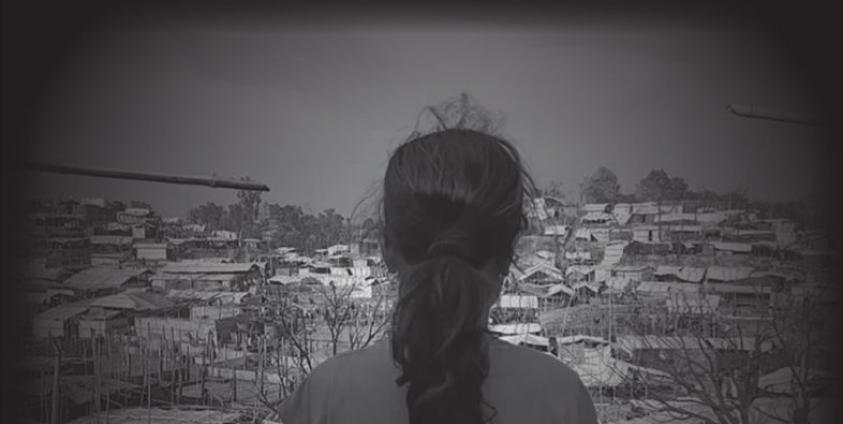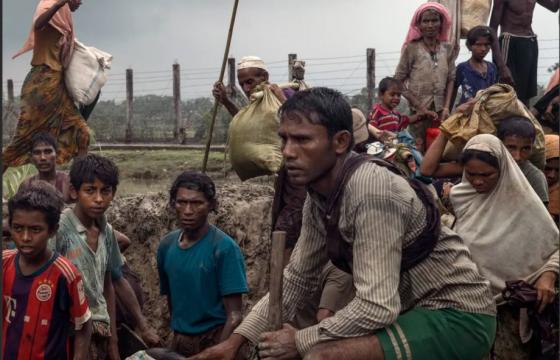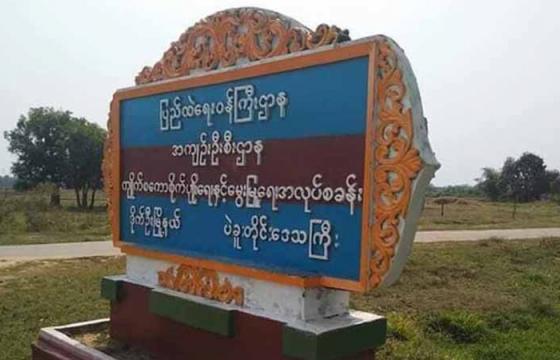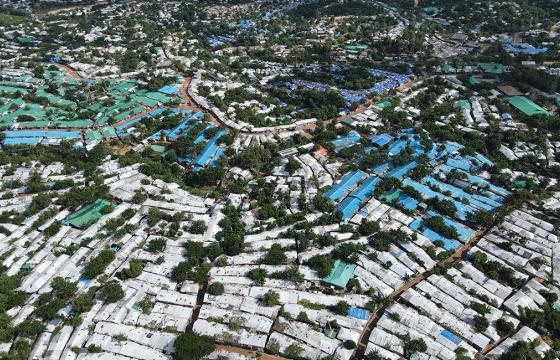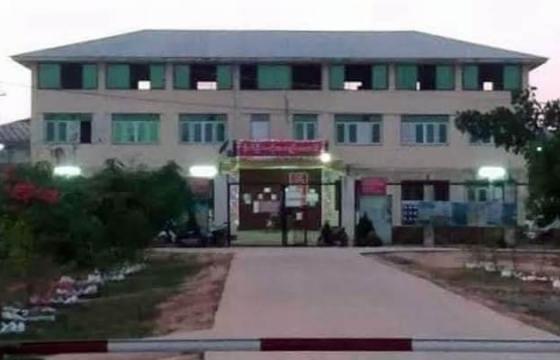A new report by community researchers exposes the terrifying ordeals suffered by Rohingya women at the hands of abusive smuggling gangs when seeking escape from their unsustainable living conditions in Bangladesh refugee camps and in northern Rakhine State.
The majority of the 61 survivors interviewed in 2023 for the report were young women travelling to marry Rohingya men already working in third countries -- a result of the high demand for brides among predominantly male Rohingya migrant communities, and the inability to afford increasingly high dowry payments demanded by local bridegrooms’ families.
Most of the survivors had been heading for Malaysia, taking the “overland” smuggling route – involving initial boat travel within Rakhine State and along the coastline before travelling by land to Malaysia -- rather than the direct boat journey across the Andaman Sea, which relies on seasonal weather.
The cost of the overland smuggling journey to Malaysia ranged from nine to eleven million Myanmar kyat or 500,000 to 600,000 Bangladesh taka per person, paid either upfront or in installments along the way to brokers, who arranged the different legs of the journey for groups of up to a hundred Rohingya.
Survivors described horrifying patterns of abuse by smugglers, including deprivation of food and water, dangerous methods of concealment in road vehicles, as well as beatings and shooting.
Twelve of the survivors described sexual violence by smugglers, either when journeying on foot through forests or on boats.
Despite bribes being paid by smugglers along the way, there was a high risk of arrest by Myanmar authorities along the route. Out of 46 interviewees heading for Malaysia, only 13 reached their destination.
Eight of the women interviewed were survivors of smuggling to India, and described similar abusive treatment by smugglers – several of whom turned out to be traffickers -- and also by Indian police if arrested.
The report findings that half of the smuggling survivors were escaping from conditions of apartheid segregation inside Rakhine State highlight the urgent need to address the root causes of this unsafe migration – namely, by restoration of full citizenship rights and allowing all Rohingya to return to their original homes.
See the full report at: https://kaladanpress.org/wp-content/uploads/2024/12/NightmarePassageInsi...


